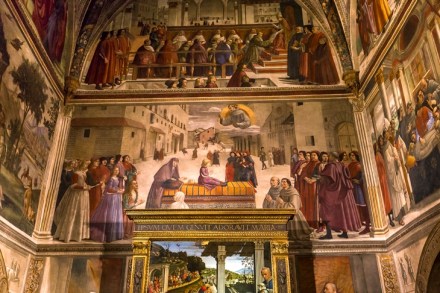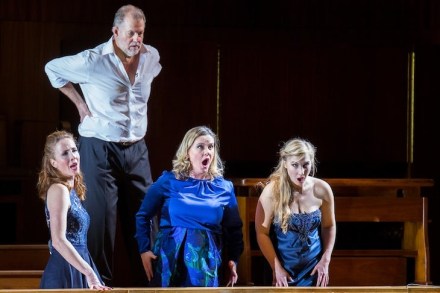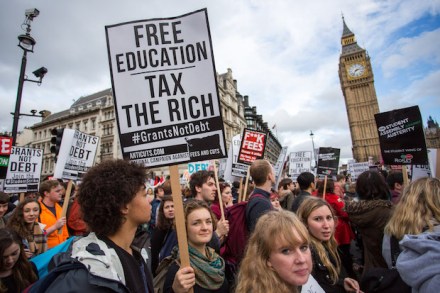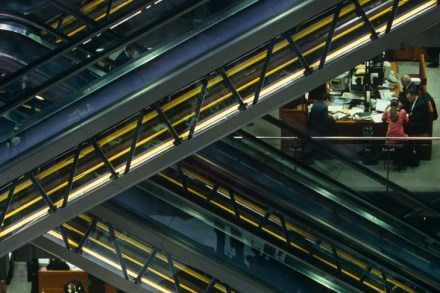Southend-on-Sea
Standing at the end of Britain’s longest pier, on a cold and misty morning, looking out across the Thames Estuary, I wondered, for the umpteenth time: why do people take the piss out of Southend? It’s got no airs and graces. It doesn’t take itself too seriously. Yet out here, surrounded by still grey sky and still grey water, with only a few seagulls for company, I’m struck by its barren windswept beauty. You’d never guess London was only an hour away. Southend-on-Sea has been a running joke for as long as I can remember. Even the train to London was known as the Misery Line, on account of its




















